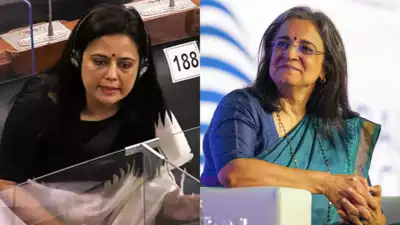
The complaints, registered in early September, raised concerns over the SEBI chief’s possible conflict of interest and alleged improper conduct related to the Adani investigation. Lokpal’s directive, signed by Justice A.M. Khanwilkar and other prominent members of the anti-graft body, marks a key development in the continuing scrutiny of SEBI’s recent regulatory actions regarding influential corporate players in India. The Lokpal’s official order, released after thorough consideration, instructs the SEBI chair to file her response by early December, addressing the specifics of each allegation.
Although the complaint has driven significant public attention, Lokpal emphasized procedural discretion, reprimanding complainants for prematurely publicizing details of the allegations, which violates the Lokpal (Complaint) Rules, 2020. Lokpal's mandate ensures that the identities of both complainants and officials under inquiry remain confidential until a formal investigation concludes. However, the timeline of the complaint, allegedly drafted after the Hindenburg report's release in August, has raised procedural questions. Lokpal questioned the evidentiary basis for the complaint, suggesting that it was submitted without sufficient independent verification of the report’s claims, a procedural lapse that could undermine the credibility of the allegations.
